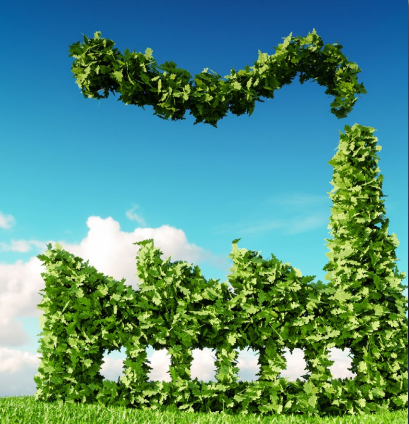Redefining manufacturing for a sustainable economy

Manufacturing is a critical sector in Kenya’s economic development in its contribution to both the national output and exports, as well as job creation.
Over the past decades, the sector has contributed heavily to diversifying Kenya’s economy. However, the pandemic in 2020 had a significant impact on local manufacturing, aggravating the output, and resulting in a slowdown of production as countries introduced Covid-19 containment measures that ranged from restriction of movement to the shutdown of business operations in some cases.
Despite the unprecedented disruption to livelihoods accustomed to by the majority, the pandemic was nevertheless tagged with opportunities some of which manufacturing firms seized, including exploiting available capabilities in expanding their operations and re-aligning production lines.
Today, the manufacturing sector is playing a vital role in the post-pandemic recovery process, especially in creating employment opportunities given its significant backward and forward linkages.
The sector, however, is one of the largest contributors to greenhouse gases worldwide. In Kenya, it accounts for nearly one fifth (19 percent) of domestic direct emissions, and it is indirectly responsible for an additional 11 percent of emissions through electricity use. Further, for powered manufactured goods such as appliances, electronics, and autos, up to 90+ percent of emissions are from product use.
At the height of the pandemic, the greenhouse gas emmisions seemed to be well managed. It clearly showed that human activities, especially in the manufacturing sector, play a significant role in climate change. This brings to the fore the aspect of sustainable manufacturing and responsible production.
The benefits of sustainable manufacturing bring increased operational efficiency, reduced costs and waste, reduced carbon footprint, reputation strengthening, and public trust.
In addition, embracing the circular economy means designing products smarter using reusable and recyclable environmentally friendly materials so that each product at the end of its life becomes a new resource. This is becoming a priority in establishing a sustainable way ahead. We need to leverage available opportunities to create awareness of the financial and non-financial support corporates can extend towards addressing the issue of sustainability.
Aside from manufacturing, SMEs are also playing a vital role in stabilising the economy amidst the high cost of living. Increased prices of essential consumables being blamed on the pandemic and the Russo-Ukrainian war paint a picture of how we are overdependent on imports. We need to scale up our local businesses, equip essential entities with modern technology, finance sustainable projects and promote crop diversification to help curb the issue of food security. With the wait-and-see political situation we are currently experiencing in Kenya, it is high time we started off.

